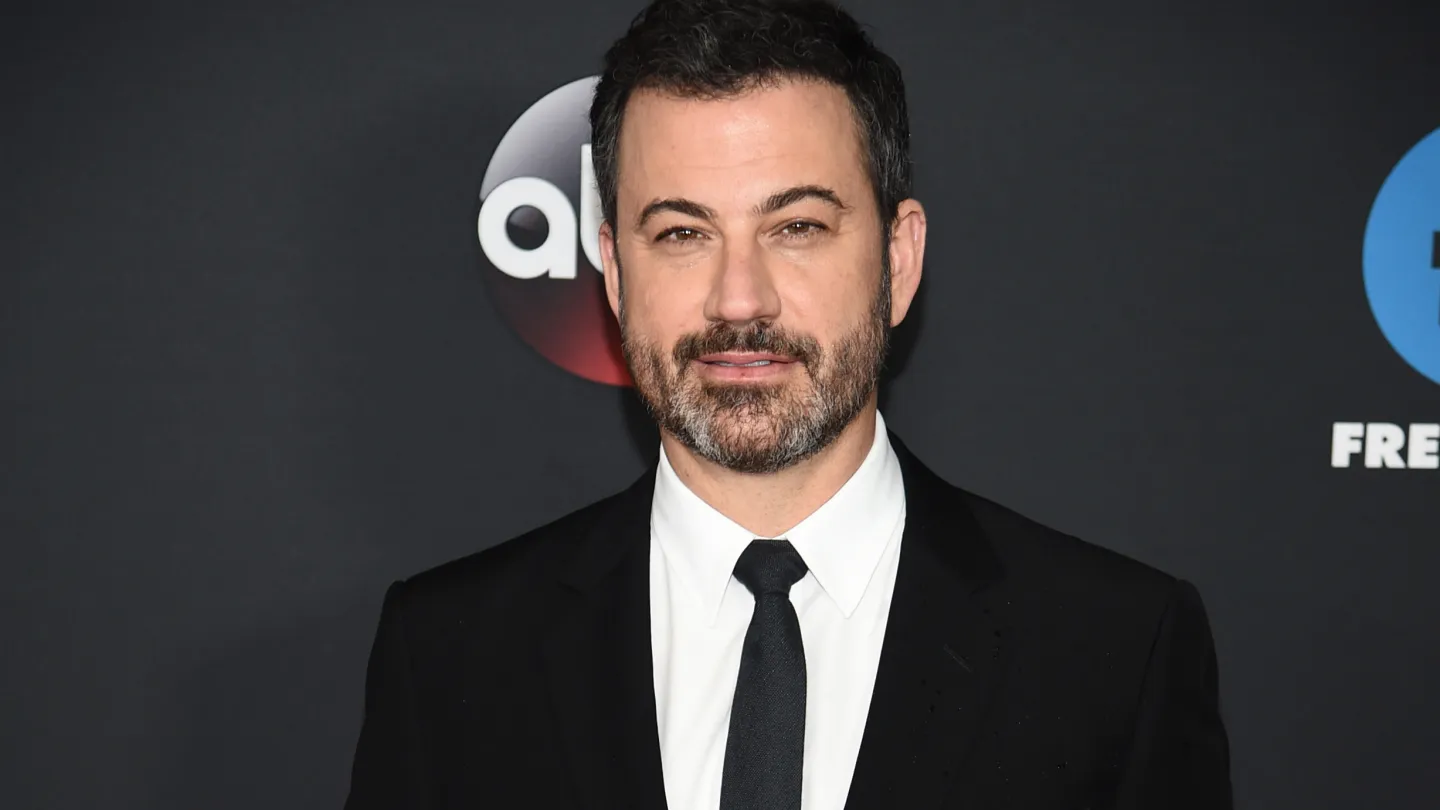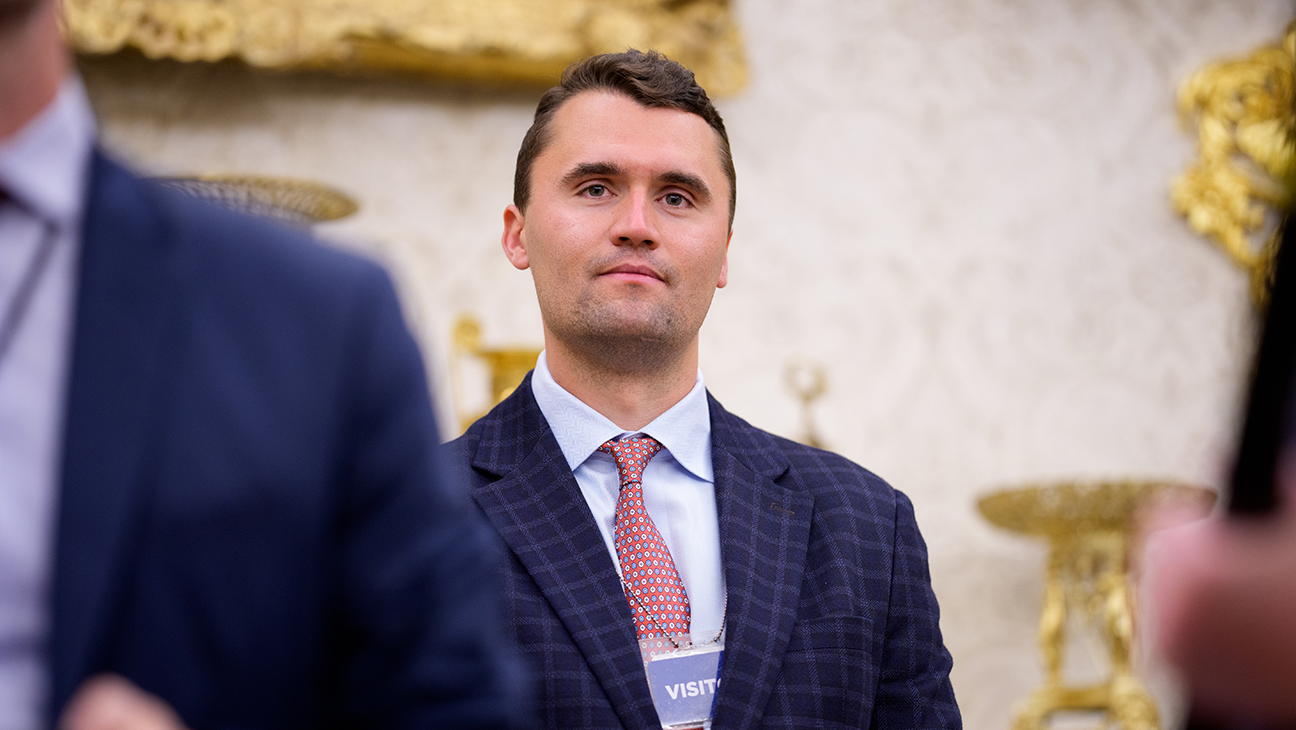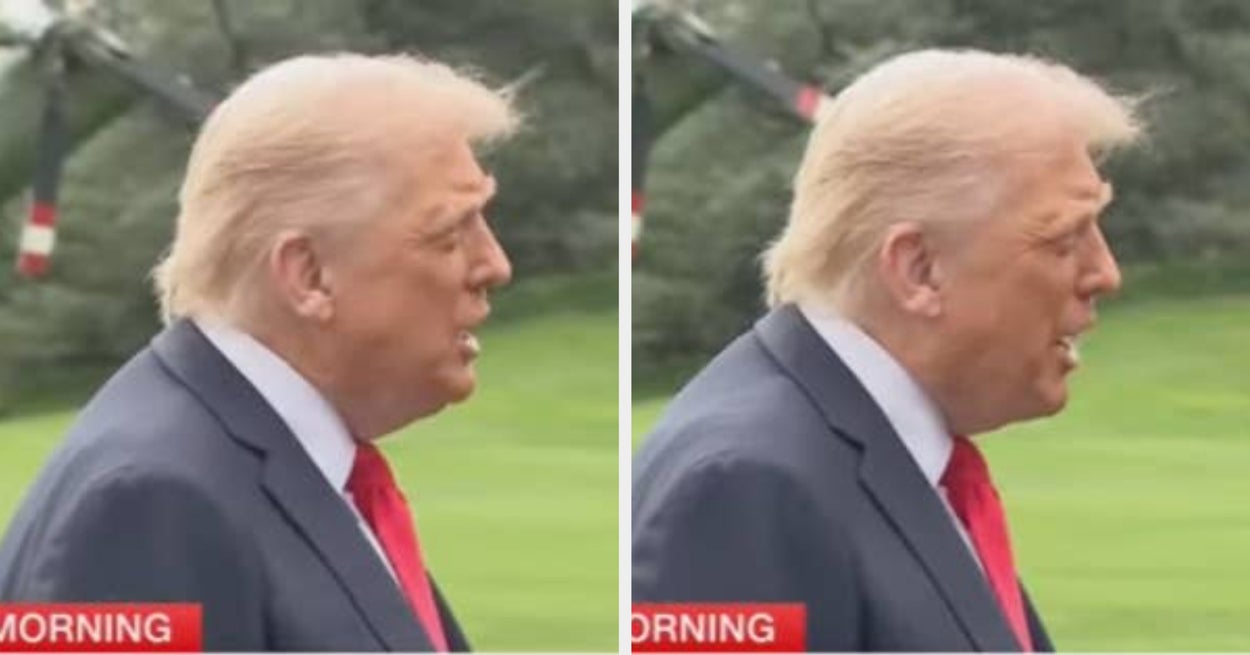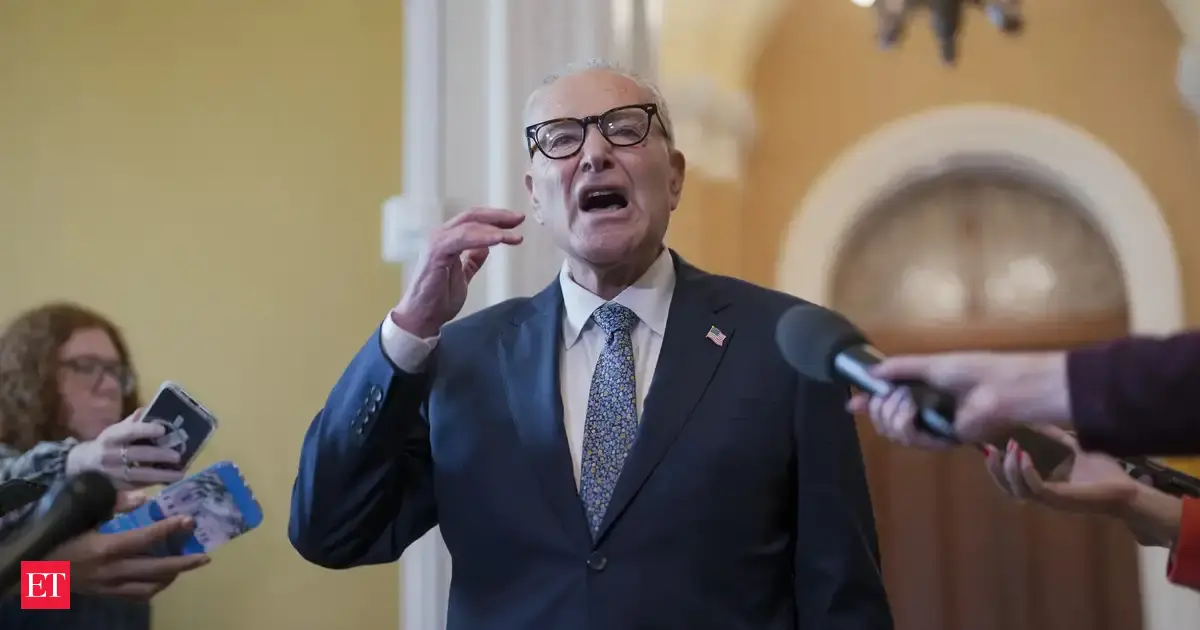
Just two days after Donald Trump was elected to the White House for a second term, Perry Sook held an earnings call with Wall Street analysts.
As the founder of Nexstar Media, the former West Virginia news anchor, now 66, had risen to become one of the most powerful, if least known, moguls in broadcast television. His company owns local stations from Tampa to Burlington to Portland, Oregon (and KTLA in Los Angeles), in addition to cable-news outlet NewsNation, Congressional trade The Hill and a majority stake in The CW. On that November Thursday, Sook had a fervent wish for how the coverage of the second Trump administration would go. He hoped, he said, the country would soon be “eliminating the level of activist journalism out there.”
On Wednesday Sook decided to undertake that activist-elimination mission himself, even if it involved more than a little intervention on his own part. Not long after FCC chair Brendan Carr told podcaster Benny Johnson that he was putting Kimmel on notice for the host’s comments about alleged Charlie Kirk assassin Tyler Robinson, Sook and Nexstar broadcasting division president Andrew Alford decided to inform Disney executives their company would be pre-empting Jimmy Kimmel Live! on the 28 ABC stations it owned, everywhere from Nashville to Salt Lake City to Hartford to New Orleans. Smaller competitor Sinclair followed, and Disney soon had little choice but to cancel Wednesday’s show and put Kimmel on indefinite leave.
“Mr. Kimmel’s comments about the death of Mr. Kirk are offensive and insensitive at a critical time in our national political discourse, and we do not believe they reflect the spectrum of opinions, views, or values of the local communities in which we are located,” Alford said in announcing the move. The decision also notably comes, however, just weeks after Nexstar announced a $6.2 billion acquisition of rival Tegna, which would give it 64 additional news stations in 51 markets to go with the 200 owned and partner stations it already has, and bring the company’s market coverage of the U.S. to about 80 percent. And current FCC rules cap any one company’s share at 39 percent.
Carr and the FCC, in other words, would need to loosen regulations to allow the merger to go through. Nexstar and Tegna will file their application with the FCC for the merger by the end of the month, according to an SEC filing.
The Kimmel episode highlights the freewheeling way Carr has wielded power since the FCC commissioner was named chair by Trump after the election — and, more broadly, how even just the specter of that power often influences media owners and leads to the quashing of critical voices.
Despite the timing of the announcement right after the Carr comments, Nexstar said in a statement Thursday that it made the decision on its own. “The decision to preempt Jimmy Kimmel Live! was made unilaterally by the senior executive team at Nexstar, and they had no communication with the FCC or any government agency prior to making that decision.” A Nexstar spokesman did not respond to a request for more specific comment.
For some watchdogs, the Nexstar move parallels the decision by Paramount to settle a lawsuit with Donald Trump that he had filed against 60 Minutes as the company’s acquisition by David Ellison’s Skydance hung in the balance. That deal was approved not long after by Carr’s FCC.
“When you have conglomerates with mergers and other kinds of business that need to be approved by regulators, it gives the regulators power that this administration seems all too willing to use,” said Samuel G. Freedman, a professor emeritus at Columbia Journalism School, where he taught journalism ethics, among other subjects. Combine that power with acquiescence by a media company, Freedman said, and it can lead to a chilling effect on the First Amendment. “I think you can categorize all this with the failure of institutions since Trump’s second term began. It’s hard to feel anything but anger and sadness about what this portends.”
The possibility that the Kimmel fracas was merger-related even reached the doorstep of the Hollywood Teamsters, generally a less liberal group who nonetheless “condemned” the Nexstar, Sinclair and ABC/Disney moves and collared what it said was the culprit. “We are witnessing a dangerous trend of corporations trying to fast-track mergers through the back door,” the group said in a statement Thursday.
Carr, who has already opened an investigation into Disney and ABC’s DEI policies, has long noted his contrasting feelings on national and local news outlets, the former of which tend to be more liberal, and suggested he wanted to empower local stations at the national outlets’ expense.
“Americans no longer trust the national news outlets to report fully, accurately, and fairly,” Carr wrote in a July letter to Comcast CEO Brian Roberts, whose company owns NBC, in which he said he wanted “to ensure compliance with FCC regulations as well as the public interest standard.” But Carr added that
“[i]n sharp contrast to national news media outlets, Americans largely hold positive views of their
local media outlets, including local broadcasters.”
The Kimmel controversy also highlights the surprisingly durable power of local stations, whose time slots and blessing it turns out giant Los Angeles- and New York-based media conglomerates still very much need. Disney owns the ABC stations in large markets such as those two cities, but to sell advertising at the rate it wants it also needs the ideological buy-in of a quiltwork of local stations. At a time of balkanization by politics and region, that can be very hard to pull off.
Sook’s role on one side of one of the most rancorously partisan Hollywood-Washington fights in decades is unexpected. The tycoon can be hard to pin down politically; he has made campaign contributions to a mix of Republican and Democrat Congressional candidates over the years, according to OpenSecrets, from Mitch McConnell and Greg Walden on the right to Patrick Leahy and Chuck Schumer on the left. And ironically, Sook has often tried to find the middle ground between ideological poles at NewsNation, which he has pitched both inside and outside the industry as sitting appealingly between MSNBC and Fox News.
When he was staffing up the channel, Sook took Elizabeth Vargas, whom he was hoping to recruit as an anchor, out to lunch. “Do you want to come be a part of the last great adventure on television?” Sook told her, she recounted. He cited that middle ground, in which there would be opinionated but politically uncategorizable hosts like Dan Abrams and Chris Cuomo, as well as a funneling of local stories from Nexstar’s stations (as the network effectively did with KTLA’s coverage of the Los Angeles fires earlier this year).
“The contrast couldn’t be more stark,” Sook said, standing in NewsNation’s New York City newsroom in April 2023, as he sought to distinguish his network from the longstanding dug-in news players. And there are signs the vision is materializing: Earlier this month NewsNation beat CNN and MSNBC in the critical adults 25-54 demo on at least one Saturday night.
But Sook has been partisan on one issue: television deregulation, which he says is overdue for a laissez-faire makeover given that the rules were drafted before the dominance of tech companies.
Last month, as he sought to placate investors that the FCC would not block the Tegna deal despite the clear regulatory challenges, Sook took an upbeat, even confident tone.
“We feel very, very positive about moving forward with the regulatory approval process,” the executive said. “We’re meeting this deregulatory moment where it is, and we will work together with regulators as they consider modifying and repealing outdated rules and regulations.”
Katie Kilkenny contributed to this report.



